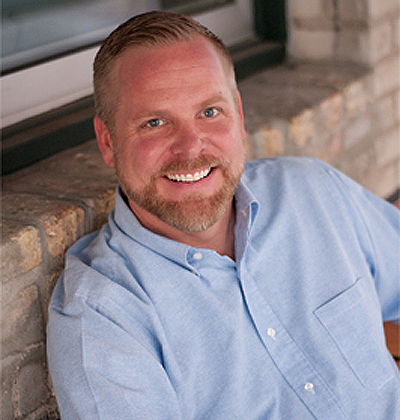When I was a kid, my bicycle was my freedom. I remember riding my bike everywhere during the summer months–to swim practice, to picnics with friends, even around the lake. In fact, one year I bought an odometer and clocked over 1,200 miles that summer. Not bad for a 10-year-old on a three-speed!
Remember the first time you tried riding a bicycle? How did it feel? And what did you need to learn immediately in order to stay upright?
Riding a bicycle requires several skills, but most importantly balance and momentum. To have a successful experience, we first need to find our center of gravity (to keep our balance) — and then establish momentum to get us anyplace. By paying attention to our subtle shifts and movements, we learn to control our speed and direction and become our own throttle and steering wheel.
While physical definitions of balance and momentum can be applied to riding a bicycle, the metaphorical definitions can be applied to our personal lives.
Finding balance in life is an ongoing quest. After 20 years of writing about finding better balance in our life activities and relationships, I was surprised to discover that balance is a natural state. And returning to that natural balance — in all areas of our lives — is the journey back to our true selves: our inner beings.
The more in touch with our inner being, the better balance we feel.
While balance is like the steering wheel, momentum is the accelerator. It was only recently that I started to truly grasp the immense power that momentum has in my own life.
I discovered that when I started paying attention to how my thoughts, feelings, and intuition were leading me to new experiences, I could feel the power of energetic momentum starting to build or fade, depending on how much attention I paid to my inner being.
My focus acted as the foot on the pedal — the more I focused on something, the faster the momentum.
Here’s what I know about momentum now:
Thoughts have momentum. The mind is powerful and our thoughts have energy. When we focus on a thought and give it our attention, that energy affects what we say and do in response. Once a thought gets enough of our attention, it begins to gather momentum.
Behaviors have momentum. Our mind and body are great subordinates to the beliefs that drive our behaviors. And once our patterns of behavior — or habits — have been established, they directly influence our attitudes, actions, and words. Habits have their own powerful momentum until we decide to change them.
Relationships have momentum. All relationships start small and grow over time. As we connect more deeply with others, certain relationships — especially romantic ones — will establish momentum, while others, like with coworkers, may not — at least not in the same direction. In relationships, momentum can be established by creating honesty and truth to gain greater transparency.
Why is understanding momentum important? Because we have the power to adjust it. When our patterns or habits are no longer working — even if they have gained momentum — we can adjust our focus.
By making different choices and focusing on new healthy habits, we can slow momentum in some areas and create new momentum in others. And this will help us move in the directions that we truly desire — even if it’s just a bike ride around the lake.
Michael Thomas Sunnarborg coaches people to clarity, direction, and balance on their career path. Learn more at michaelcreative.com.
Ready for additional tips on resilience? Find more of Michael’s stories, insights, and life lessons in Bald Men Don’t Use Hairspray and Other Assumptions, or another one of Michael’s books at michaelcreative.com/books.
Image Copyright: nadezhda1906 / 123RF Stock Photo
Originally published at medium.com


